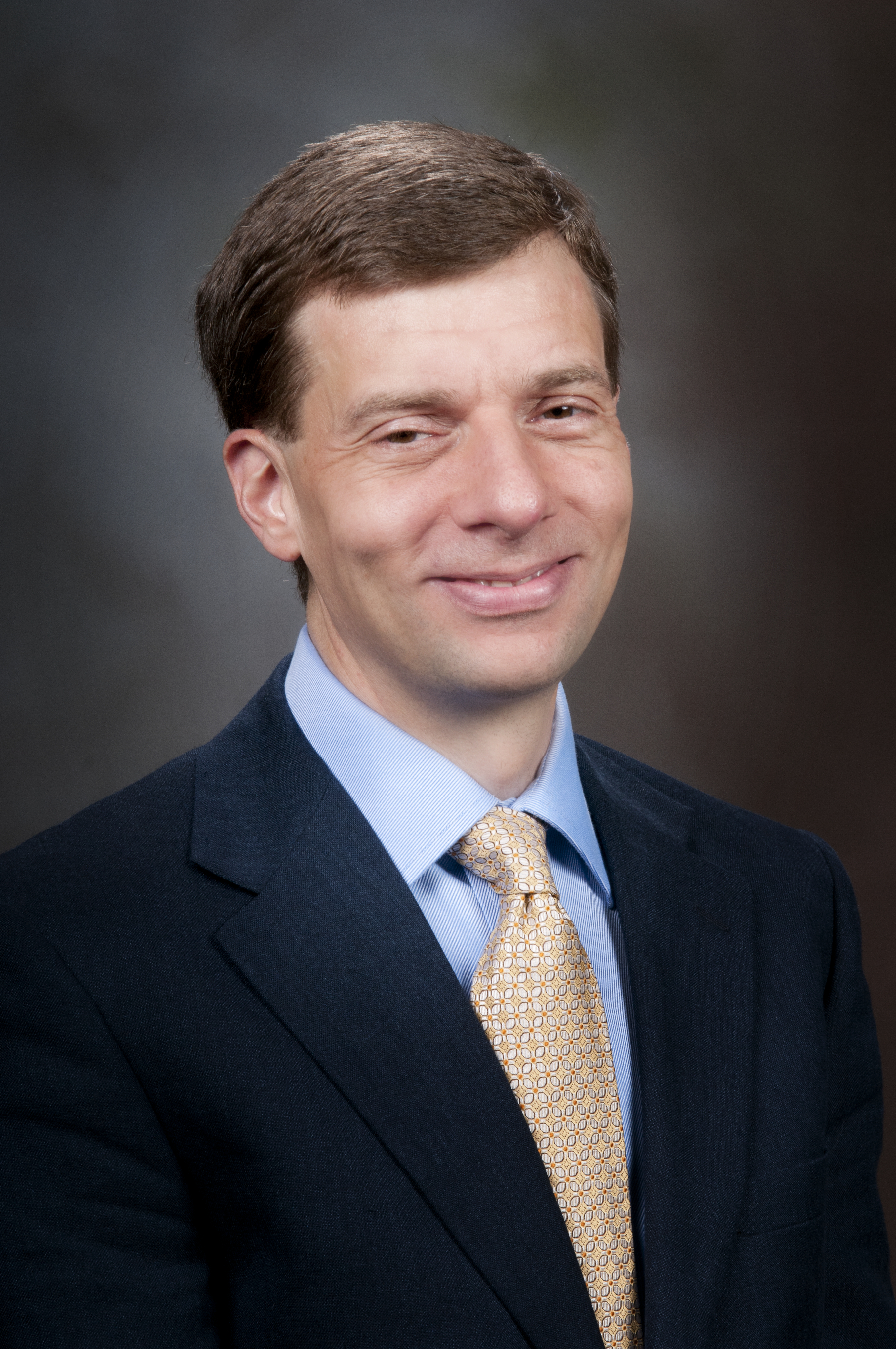Tom Ewing receives National Endowment for Humanities grant to lead summer seminar

Tom Ewing, professor of history and associate dean in the College of Liberal Arts and Human Sciences at Virginia Tech, has won a $102,000 grant from the National Endowment for the Humanities to lead a summer course for teachers on the Spanish influenza epidemic of 1918.
The three-week seminar will be offered in Blacksburg and Washington, D.C., in June and July 2015 for K-12 teachers. Ewing said the goal is to enroll about 16 educators from across the country.
The death toll from Spanish flu is estimated at 625,000 in the U.S. alone. Worldwide, the epidemic is the most deadly in recorded history.
“This seminar will give teachers an opportunity to read and discuss the most recent scholarship on this devastating and historically significant event,” said Ewing, who became interested in this epidemic several years ago and finds it "the source of remarkable human stories, powerful social forces, and deep medical challenges." Participants will also use primary sources to conduct original research.
"The outbreak of Ebola is a reminder of the importance of understanding the ways that medical authorities, health officials, and the general public responded to the spread of a global disease as well as the fear of disease within communities," Ewing said.
The course will explore how the outbreak changed attitudes toward disease and medicine, strategies for public health interventions, and relationships between state and society on local, national, and global scales. It will also examine the effect of the epidemic, which began in military camps during World War I, on the battlefields of Europe and on the home front.
“We are pleased to host this seminar on behalf of the NEH,” said Elizabeth Spiller, dean of the College of Liberal Arts and Human Sciences. “NEH summer seminars provide an important opportunity for teachers to have access to cutting-edge scholarly research and to join conversations with peers from around the country.”
Participants will begin with a week at Virginia Tech for orientation to research methods, and readings and discussions on the pandemic. Among session leaders will be Nancy Bristow, author of “American Pandemic,” regarded as one of the best histories on effects of the Spanish flu in the U.S.
In the second week, participants will study with scholars, librarians, and archivists in Washington during site visits to the Library of Congress, National Archives, and National Library of Medicine. For the third week, they will return to Blacksburg to complete their research and discuss their findings.
Visiting speakers in addition to Bristow, a professor of history at University of Puget Sound, will be Vanessa Northington Gamble, a physician and medical historian at George Washington University; Matthew Heaton, an associate professor of history at Virginia Tech; and Phillip Troutman, an assistant professor of writing at George Washington University.
Gus Teller of Blacksburg Middle School will serve as the master teacher.
Ewing has extensive experience working with teachers and building collaborations among scholars, librarians, and archivists. He has served on coordinating committees for three “Teaching American History” projects in Southwest Virginia and has led more than 20 workshops on topics in world and American history.
Ewing received his bachelor’s degree from Williams College and a master’s degree and Ph.D. from the University of Michigan.
Created in 1965 as an independent federal agency, the National Endowment for the Humanities is one of the nation’s largest funders of humanities programs. It awards grants to top-rated proposals selected by panels of independent external reviewers.




